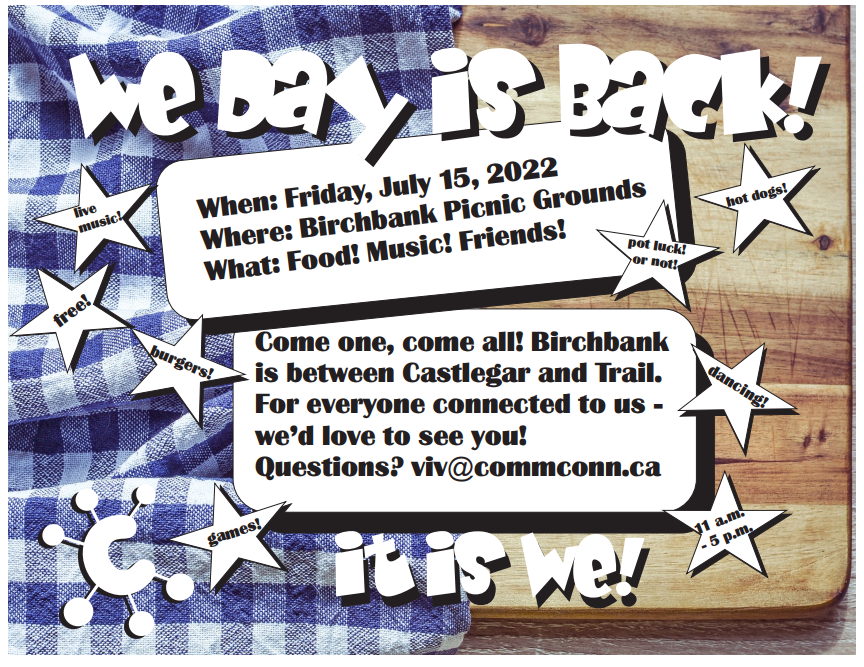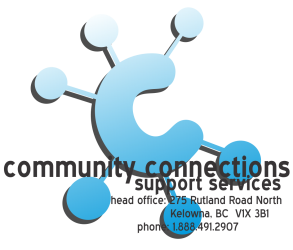Adult Community Training: Safeguards, Abuse and Reporting
Thu May 30, 2024 9:00 AM – 12:00 PM PDT
Online, Google Meet
CLBC is a designed agency with specific responsibilities under the Adult Guardianship Act related to responding to all allegations of abuse and neglect involving adults eligible for CLBC services.
During this online workshop, we will discuss the following topics:
- As caregivers and service providers, what is our responsibility to the adults we serve regarding safeguards, abuse, and reporting?
- What are the CLBC policies that relate to our day-to-day practice?
- How can we ensure the adults we care for have the skills necessary for safety and success?
Key topics will include:
- Peer to peer relationships
- CLBC’s safeguards program
- CLBC CIR policy
- Building and following behaviour support plans and skill acquisition programs
This event will take place on Thursday, May 30, 2024 from 9:00 am – 12:00 pm PDT / 10:00 am – 1:00 pm MDT
If you have any questions please do not hesitate to reach us at events@pivotpoint.ca
Buy Tickets / Join the Guestlist
SHARE THIS EVENT
NEED HELP?
Need help? Contact the event organizer Privacy Policy





 Copyright (C) 2024 Home Sharing Support Society BC. All rights reserved.
Copyright (C) 2024 Home Sharing Support Society BC. All rights reserved. Home Sharing Providers Virtual Coaching
Home Sharing Providers Virtual Coaching Emergency Preparedness Webinar
Emergency Preparedness Webinar Mental Health & Wellness Webinar
Mental Health & Wellness Webinar



 Dear Home Sharing Community Member,We hope you’re doing well. We wanted to remind you about our upcoming Connect & Collaborate session. This session is all about exploring mental health.Don’t miss out on this opportunity to hear our amazing speaker Dr. Connie Coniglio.Use This Zoom Link to Join
Dear Home Sharing Community Member,We hope you’re doing well. We wanted to remind you about our upcoming Connect & Collaborate session. This session is all about exploring mental health.Don’t miss out on this opportunity to hear our amazing speaker Dr. Connie Coniglio.Use This Zoom Link to Join NTG 2024 Family Webinar Series
NTG 2024 Family Webinar Series Mental Health: Home Sharing Community
Mental Health: Home Sharing Community  Co-Design LabsRespite
Co-Design LabsRespite

